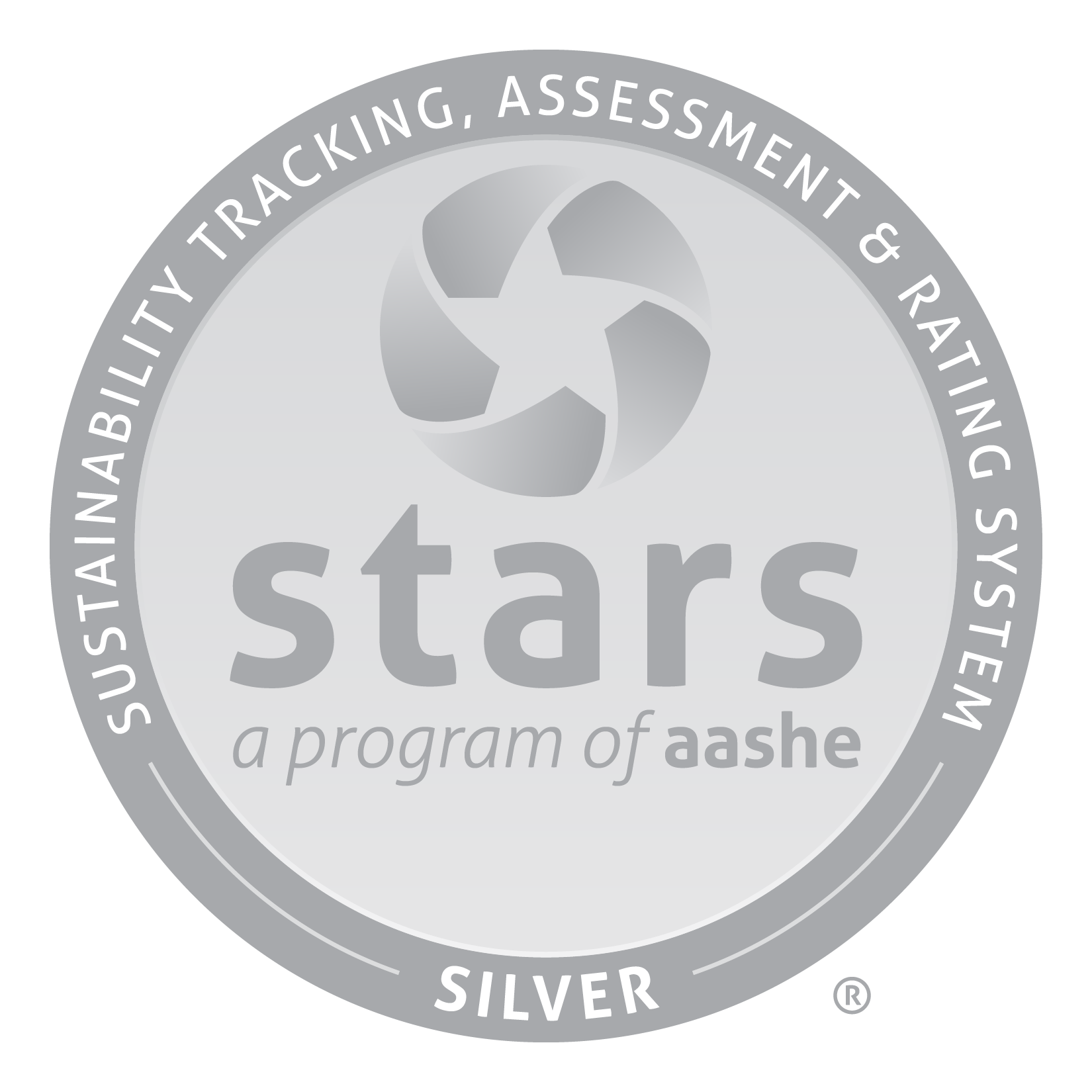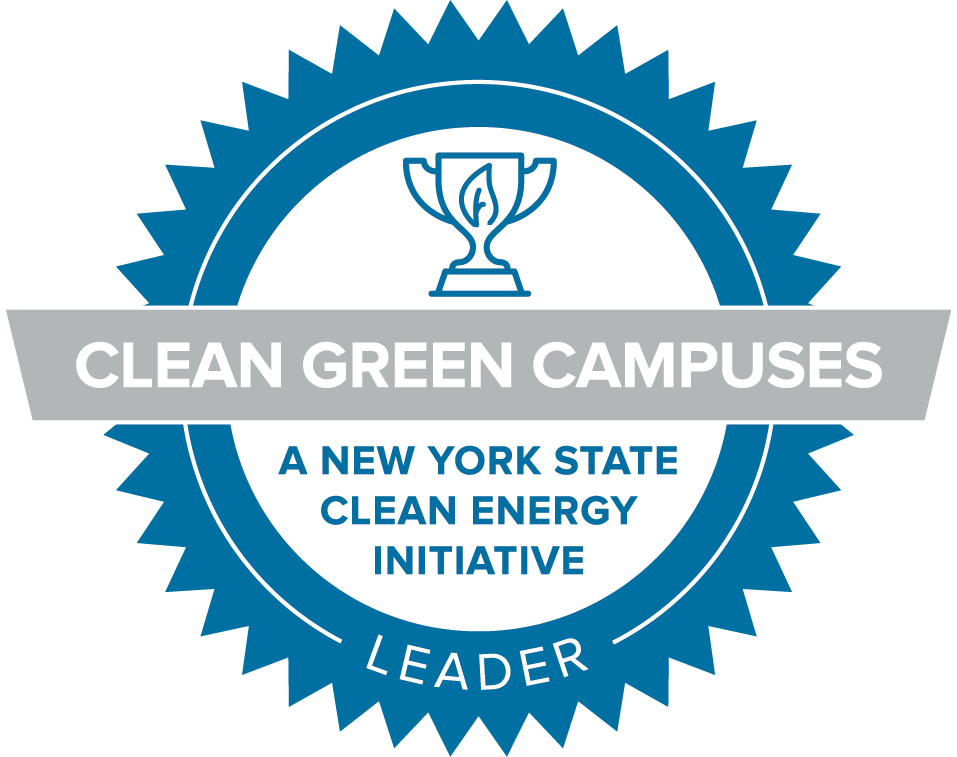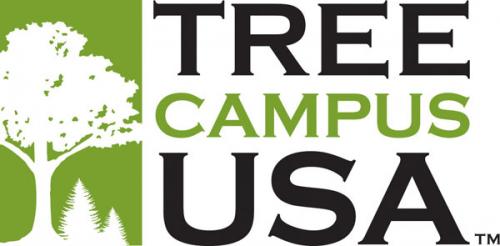Food
The United Nations' Sustainable Development Goal on Zero Hunger captures the myriad of issues around our global food system. The goal is to "End hunger, achieve food security and improved nutrition and promote sustainable agriculture." At Skidmore, we aim to source 25% of our food in the Dining Hall from sustainable sources by 2025, and we have partnered with Dining Services to curb food waste. In addition, student leaders coordinate the donation of excess food to local food pantries. "Dive Deep" into food system issues below and learn more about actions you can take on campus and in your personal life.
Food is something that every living thing needs to survive, whether that be plants, animals, or humans. It is also something that naturally occurs in our environment, like the animals we can eat or plants that we can forage for. However, humans have altered this natural relationship and created one that causes great environmental harm and is incredibly inequitable.
To begin, the current global food production is enough to feed around 10 billion people (our current population is around 7.6 billion). And yet, food insecurity is a global issue. Food insecurity, is the inability to provide oneself with enough food to live an active and healthy lifestyle. Currently, every 1 in 10 people in the world are exposed to severe food insecurity- that’s around 750 million people. So, there seems to be an issue here, doesn’t there? The world is producing enough food to feed everyone on the planet, and yet people are still going hungry.
A major cause for inequity in food availability is systematic racism, whereby communities do not have access to nutritious and affordable food due to commercial, governmental, and social intervention (Grounded Grub). Many communities in the Capital Region of New York and around the US lack a convenient, affordable grocery store with fresh produce and are forced to rely on gas stations and fast-food restaurants. Scholars and actvists in food availability call this "food aparthaid" to encapsulate the destruction and violence that results from separating people from fresh, nutient-rich food and the respective health problems from diets relying heavily upon processed-food (Soul Fire Farm). Healthy, fresh food is a right for all, and investment in food access, community gardens, and cultivating new generations of farmers are essential next steps to restructuring our food system.
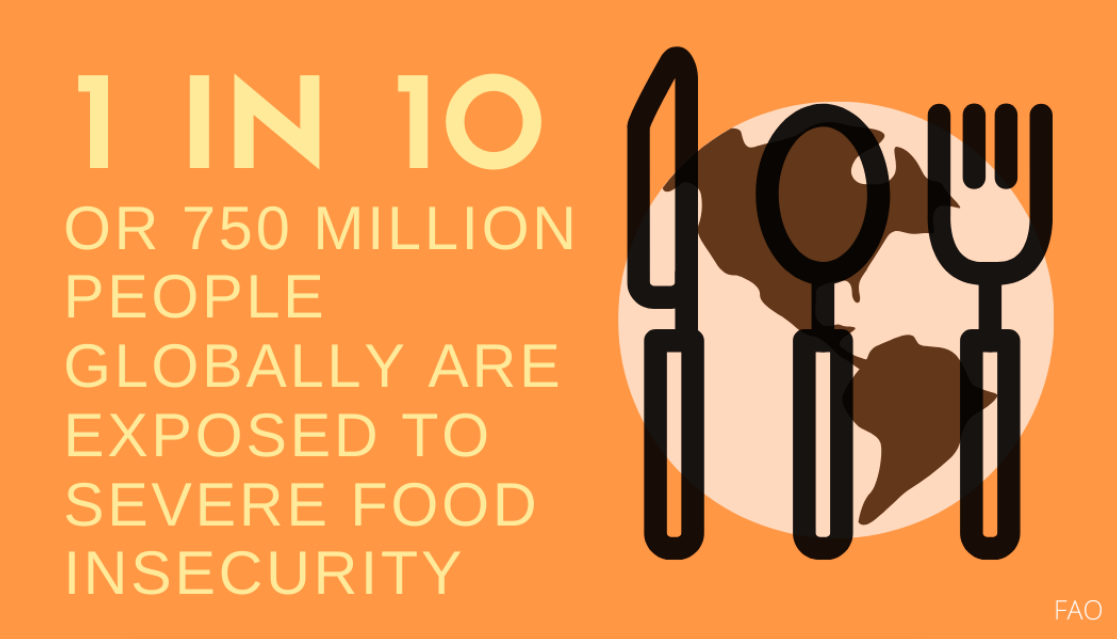
Lastly, the major issue surrounding food is simply its production- agriculture. Agriculture has resulted in around 75% of land clearing and deforestation world wide (Environ Reports). It is also responsible for half of global methane emissions, a GHG that is 26x stronger than carbon dioxide (Environ Reports). Agriculture also results in severe damage to ecosystems and surrounding communities due to the addition of chemicals and nutrients that leach into their surroundings, causing things like the degradation of water quality and issues of public health. Additionally, commercial agriculture can destroy the soil, meaning that once-productive soil can be rendered useless after commercial agriculture, this is called desertification. It is also important to mention that agriculture does not just include the growing of crops but also livestock for meat, dairy, and other animal products. Livestock alone are hugely responsible for global methane emissions (Environ Reports). Consumer and activist demand for responsibly-produced and humane goods from companies and governments has and will continue to shift policy and practice towards sustainable options for people and the planet.
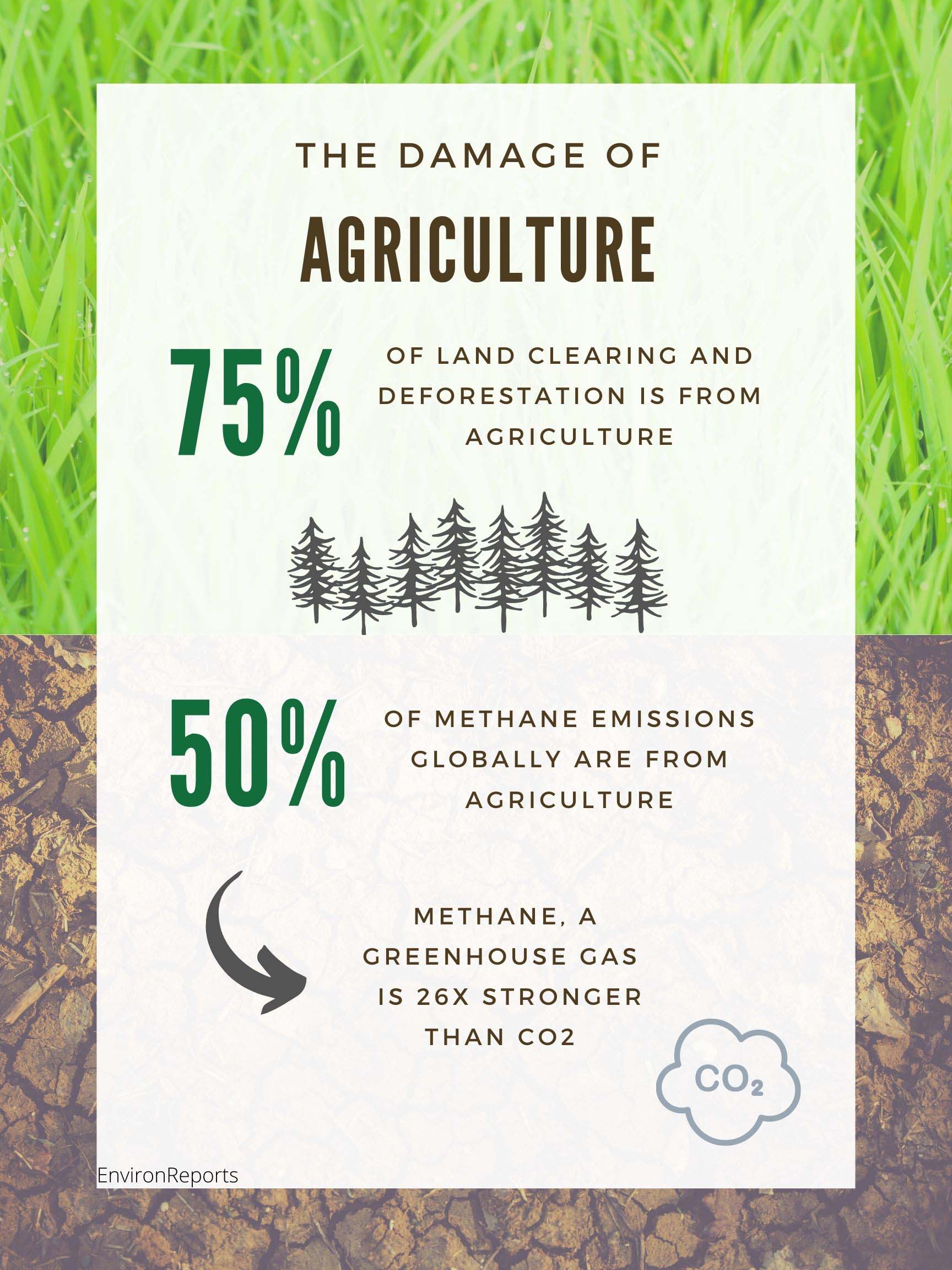
Overall, our global food system is complex has many ties to environmental issues and social injustice. So what can we do? The first step is to be aware of what you are eating and how it was produced. Try buying from small, local farms to support more sustainable agriculture, especially if they are a certified organic farm. As consumers, we have power in our education, our purchases, and our advocacy. Read more in "what can we do" for more details on sustainable food.
Food Access: The Student Government Association (SGA) has worked with administration to develop a food pantry on campus, and a temporary pantry was held through winter 2020 to meet the needs of students. SGA and the Office for Student Affairs are great resources to continue this work to address food insecurity on campus.
Food Waste: A 2018 Sustainability Office audit of food waste in Murray-Aikins Dining Hall found that 300lbs of avoidable food waste are generated daily from lunch and dinner. You can do your part to eliminate waste by grabbing only as much food as you will eat- you can always go back for seconds. In addition, be conscious of your grocery shopping habits. Make a grocery store list and stick with it. By knowing how much you will eat, you'll be able to save money and avoid waste.
Agriculture & Food Sourcing: For 2018-2019, 11% of food purchased for the Murray Aikins Dining Hall was sustainable. In addition, each year about 1,000 pounds of produce comes from our very own Skidmore Community Garden- you can't get any more local than that. When you grocery shop, consider these same sustainable sourcing practices we consider to evaluate food at Skidmore:
- Local
- Humane
- Fair Trade
- Organic or non-GMO
- Equitable, employee-owned companies
Look for foods produced sustainably with these certifications:
|
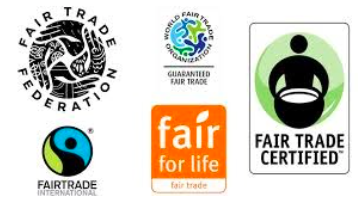 |
Tips for Living in Residence Halls
- Choose plant-based meals in the dining hall when you are able.
- Make conscious choices about the snacks you keep in your room (and your fridge, if you have one).
Tips for Apartments & Off-Campus Living
- Shop with a grocery list- this way you won't purchase more food than you can eat. A little planning will save you money and waste.
- Be creative! If you have a few things in your fridge that are going to go bad soon, try a new recipe to use them up!
- Try shopping for your produce at the Saratoga Farmer’s Market or buy-in to the Nine Miles East Community Supported Agriculture (CSA) program to support small, more sustainable farming practices.
Saratoga Farmers Market runs year-round on Saturday's. From the spring through the fall, they're also open on Sunday's. See link for location details.
9 Miles East farm is located just nine miles (you guessed it) east of Saratoga. Each spring they offer seasonal Community Supported Agriculture (CSA) subscriptions for students and staff, available for pickup on Friday's in the Dining Hall.
Soul Fire Farmis an "Afro-Indigenous community farm committed to uprooting racism and seeding sovereignty in the food system." Their website offers a ton of resources on food justice, land rights, and reparations.
Featherbed Lane Farmis a draft-horse powered farm located in Saratoga County that offers year-round CSA subscriptions.
Volunteer with Feedmore, a Skidmore project to direct uneaten, prepared food from Skidmore Dining Services to local soup kitchens. Reach out to Environmental Action Club or sustainabilty@skidmore.edu for more information.
The Sustainability Office offers pop-up academic internships, which we design and manage with the student and a faculty sponsor. Reach out to our office at sustainability@skidmore.edu to explore this opportunity.
